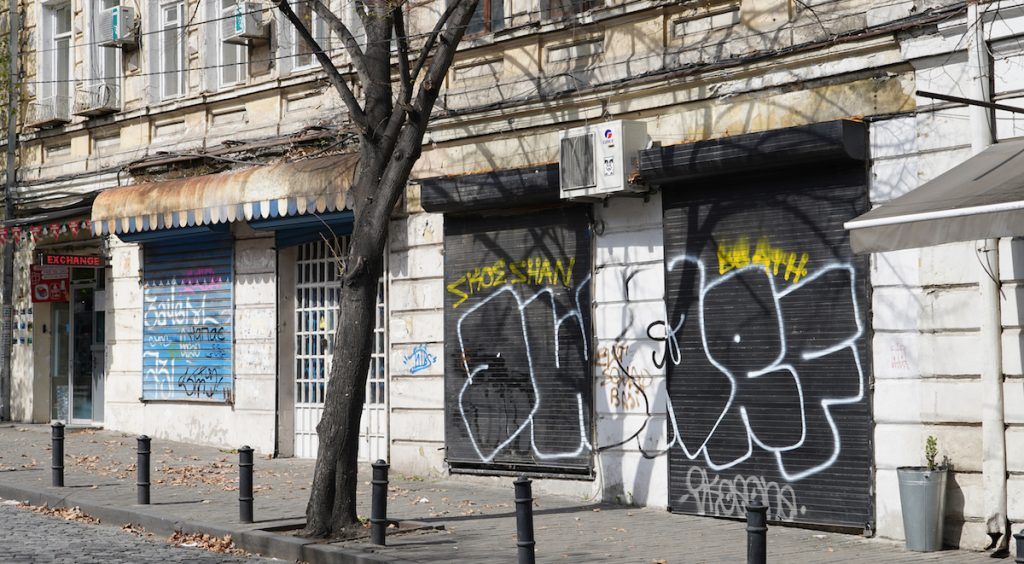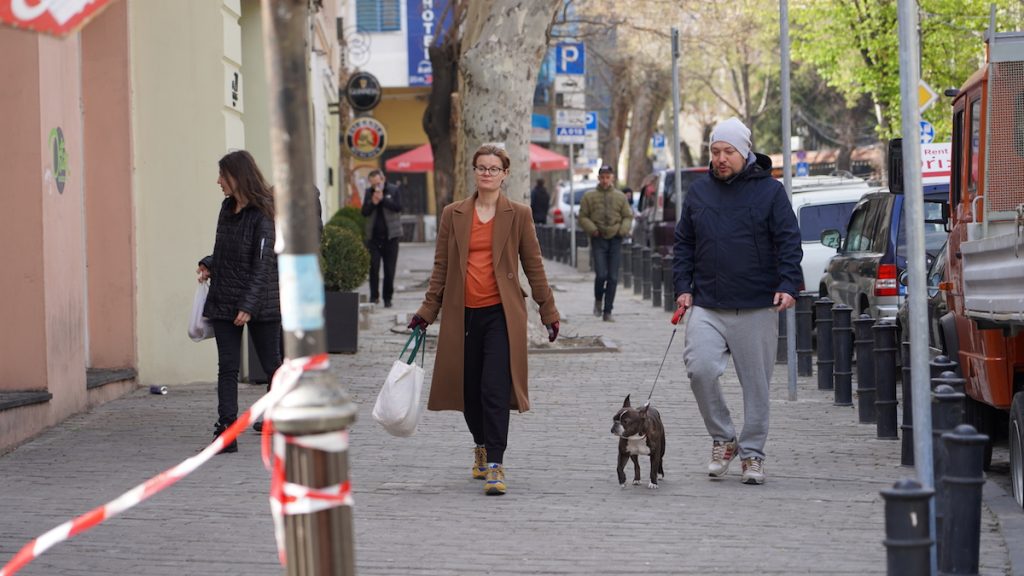Share














Most read

Latest news in Georgia, Armenia, Azerbaijan, summary. Live
EU document on Ukraine calls on Russia to withdraw troops from Georgia, Radio Liberty reports
'Armenian Apostolic Church does not serve foreign powers': bishops meet in Austria
Former US envoy: Georgia’s government no longer a reliable partner for Washington
Azerbaijan joins anti-organ trafficking convention: what it means and what to expect

In Abkhazia, opposition leader Eshsou Kakalya was wounded in an attack
In Tbilisi, actors are leaving the New Theatre after a banner with a convicted colleague’s portrait was removed
'Armenian Apostolic Church does not serve foreign powers': bishops meet in Austria
Azerbaijan courts hand down in absentia sentences to critics abroad
Georgia to launch large-scale review of socially vulnerable families database












